Blog
For Black Coffee Lovers - Coffee Brewing Alternatives
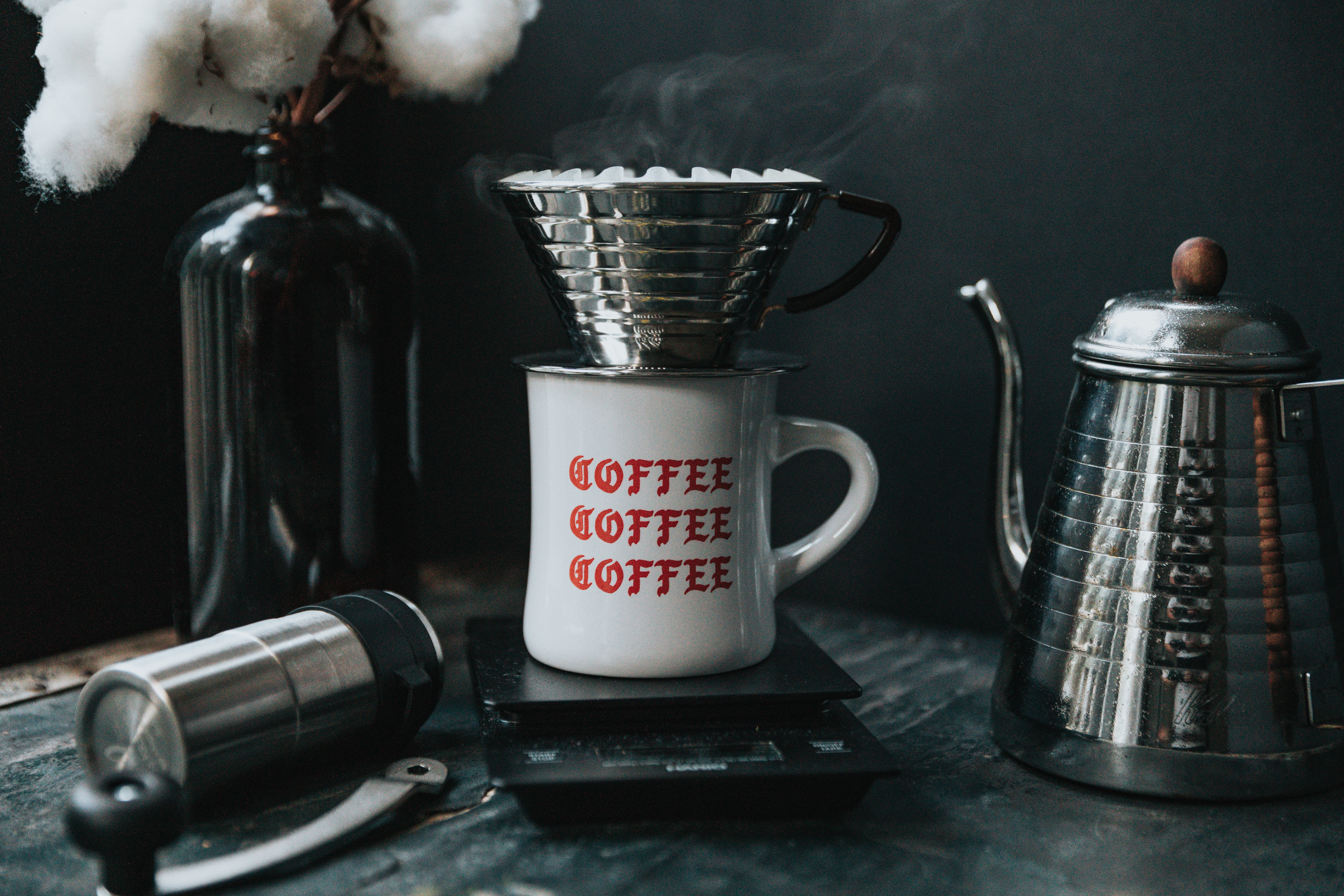
This is a commissioned article.
Coffee today - more than just a refreshing drink. The focus is increasingly not only on the intensity of the drink or the amount of caffeine in it but also on its tastes, aftertastes, different ways of preparing the drink. In cafes, most often, professional espresso coffee machines are used to make coffee, while at home, it is customary to pour coffee with hot water. However, the entrenched coffee culture encourages us to try some coffee brewing alternatives. These include not only compact coffee machines for home but also paper filters or specific coffee utensils.
A coffee machine at home is no longer a luxury item
To enjoy quality coffee at home, it is unnecessary to look for a massive coffee machine, which is often used in cafes, and consider coffee brewing alternatives. A compact space-saving coffee machine may be enough. Still, the taste of coffee depends much more on the method of preparation of the drink and the coffee beans are chosen than on the technique used to prepare it.
Today, home coffee machines are popular for their ease of use. In addition, they can be very compact, which is especially important for those with small kitchens. According to coffee machine specialists, capsules and small semi-automatic coffee machines always find a place in a small kitchen. They are also so popular because of their affordable price.
Specially adapted coffee capsules are required for capsule coffee machines, and when making coffee, it is sufficient to fill the device with water, place the capsule in its place and press the operation button of the device. The advantage is the possibility to choose from a wide range of coffee drink flavours: from espresso to caramel macchiato.
Semi-automatic coffee machines require a little more attention but make the coffee making a kind of ritual: ground coffee is poured into a special handle, it is compressed, and the handle is attached to the coffee machine. Then all you have to do is press one button and let the coffee run into the cup. It is true, there are fewer coffee drink choices, but semi-automatic coffee machines are very pleasing to black coffee lovers. And most importantly - no grounds.
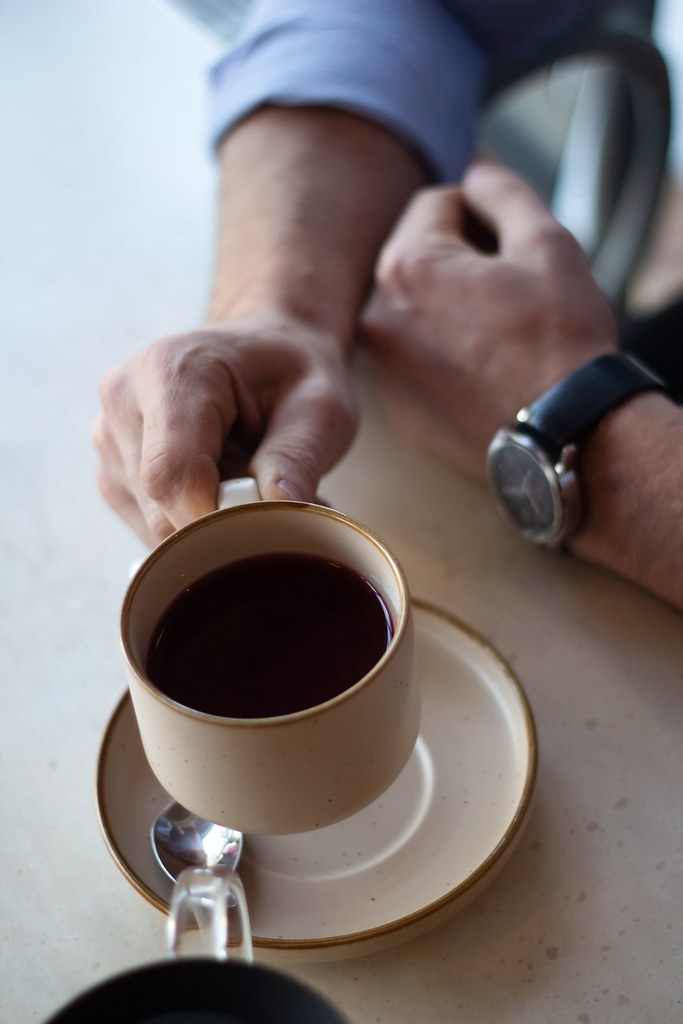
Filtered coffee is around for over 100 years
One of the other popular coffee brewing alternatives is filtered coffee is an increasingly important way of making coffee today. And while this may seem like a novelty to many, filtered coffee has been around the world for over 100 years. The first paper filter was developed in 1908, when the German Melitta Bentz, in order to avoid coffee grounds in her drink, came up with the idea to strain the coffee through a sheet of absorbent paper. To this day, the well-known Melitta brand no longer manufactures paper coffee filters. Their main product is automatic coffee machines. Nevertheless, Melitta actually paved the way for paper coffee filters and filtered coffee.

Chemex filtered coffee is the key to rich and aromatic coffee
The way Chemex coffee is made today is appreciated for its ability to make pure, clean and aromatic black coffee. This effect is provided not only by special paper coffee filters but also by an elegant preparation process that often requires attention and a little knowledge. The main difference between filtered coffee and coffee brewed at home is a paper filter that separates the beverage from the coffee grounds. Capsule and semi-automatic coffee machines work similarly, but filtering requires more time as well as attention.
Chemex coffee is a beverage filtered through slightly thicker paper filters directly into a Chemex coffee vessel resembling a flask or an hourglass. When preparing this coffee, both the water temperature and the coarseness of the ground coffee and its quantity require attention. However, the process itself is not very complicated. Initially, the paper filter is fully saturated with hot water, and the vessel is heated. That water is then drained, and coffee is poured into the filter. According to experts, a full serving of Chemex (800 g) requires 56 g of coarser ground coffee. Initially, only enough water is added to cover the coffee. Wait for the water to absorb and place the vessel on the scales. Then the water is poured again - in a small stream, in a circular motion. Everything happens slowly, and the action is repeated until the required weight is reached. This way of making coffee requires more time than automatic coffee machines, but the process that turns into a kind of ritual involves even those who are less interested in coffee.

Hario V60 filtered coffee is an elegant vessel for making extremely clean coffee
Another versatile and easy-to-use coffee maker at home is the Hario V60. Like the Chemex vessel, they require paper filters, but with the Hario V60 coffee filter tool, you can make coffee right into your favourite cup. Its name comes from the shape of a vessel resembling the letter V and its 60-degree angle. The first such filter was made of porcelain and was first used in Japan in 2004. Plastic, metal, even copper Hario V60 coffee filters are also available on the market today. However, ceramic one was the most common option.
The Hario V60 coffee making method is most reminiscent of brewed coffee. Although the filters also need to be saturated and the cup warmed with hot water, there is no need to worry about the amount of drink. However, it is worth noting that the coarseness of ground coffee is also important here. If the coffee is ground too finely - the water will pass through the filter much harder, and the longer the coffee drips, the bitter it will be. This is why experts suggest choosing a medium or coarser coffee grind. Similarly to making coffee in a Chemex vessel, it must first be saturated with a little water and poured again after only a short time. It is important not to leave clumps of dry coffee and to pour water without rushing. This helps to reveal the best properties of filtered coffee.

Filtered coffee is healthier
As more and more attention is paid to coffee-making techniques and coffee brewing alternatives, the health effects of coffee are also started to be talked about. A recently completed 20-year study at the University of Gothenburg, Sweden, says that brewed coffee is high in cholesterol-raising substances. These are compounds of cafestol and kahweol found in oily coffee droplets and grounds. It turns out that these substances can be removed by filtering coffee. In this way, coffee preparation does not release coffee fat, but grounds are separated from the beverage, so harmful chemicals are retained. After the research, there was growing talk about the fact that coffee filtration can be considered the healthiest way to prepare coffee.
Pin for later
Disclaimer
Stock photography from UnSplash used in this post.
Keep up to date with Culinary Travels
Make sure you subscribe to my newsletter to avoid missing out on any of my bonus content. I promise not to spam you or bombard your inbox. You can also follow me on my social media, Facebook, Instagram, Pinterest and Twitter. I love to interact with my followers, and I'd truly appreciate it if you were to share any of my content.


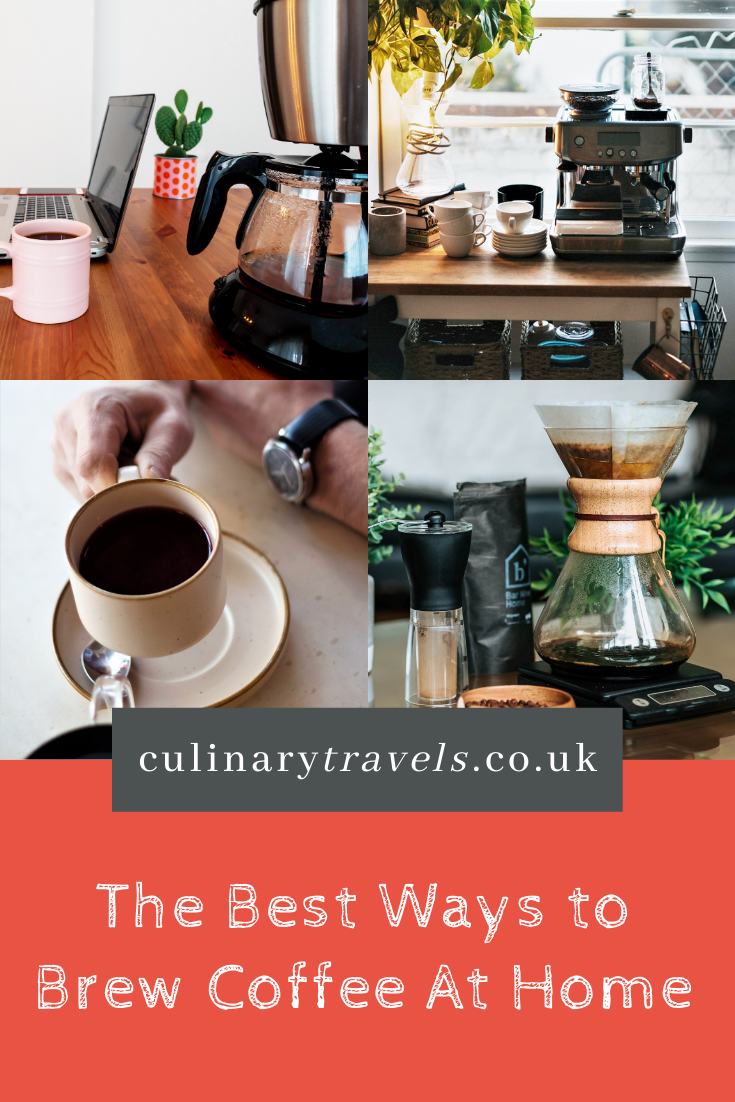

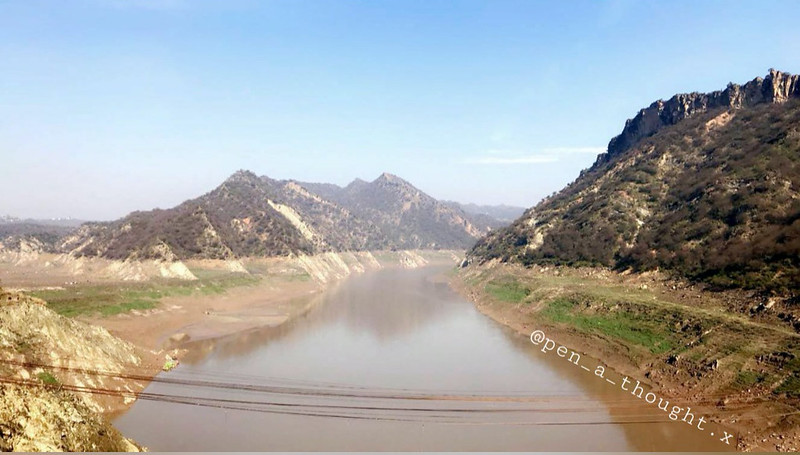
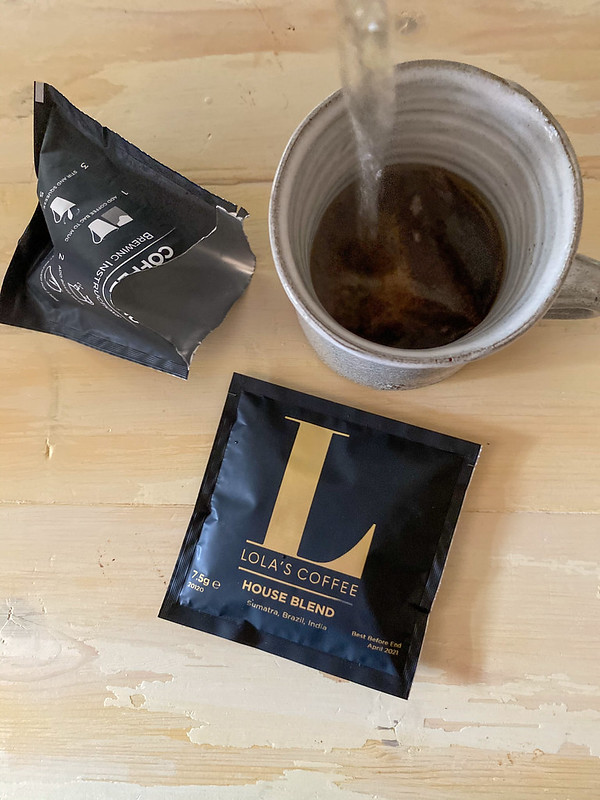





What Our Followers Say
"Oh yum!!! I could eat one or two right now!"
Sami Tamimi
"Such a beautiful pic!"
Nigella Lawson
Our list of things to do in Cork has just expanded hugely thanks to Culinary Travels.
Triskel Art Centre Cork